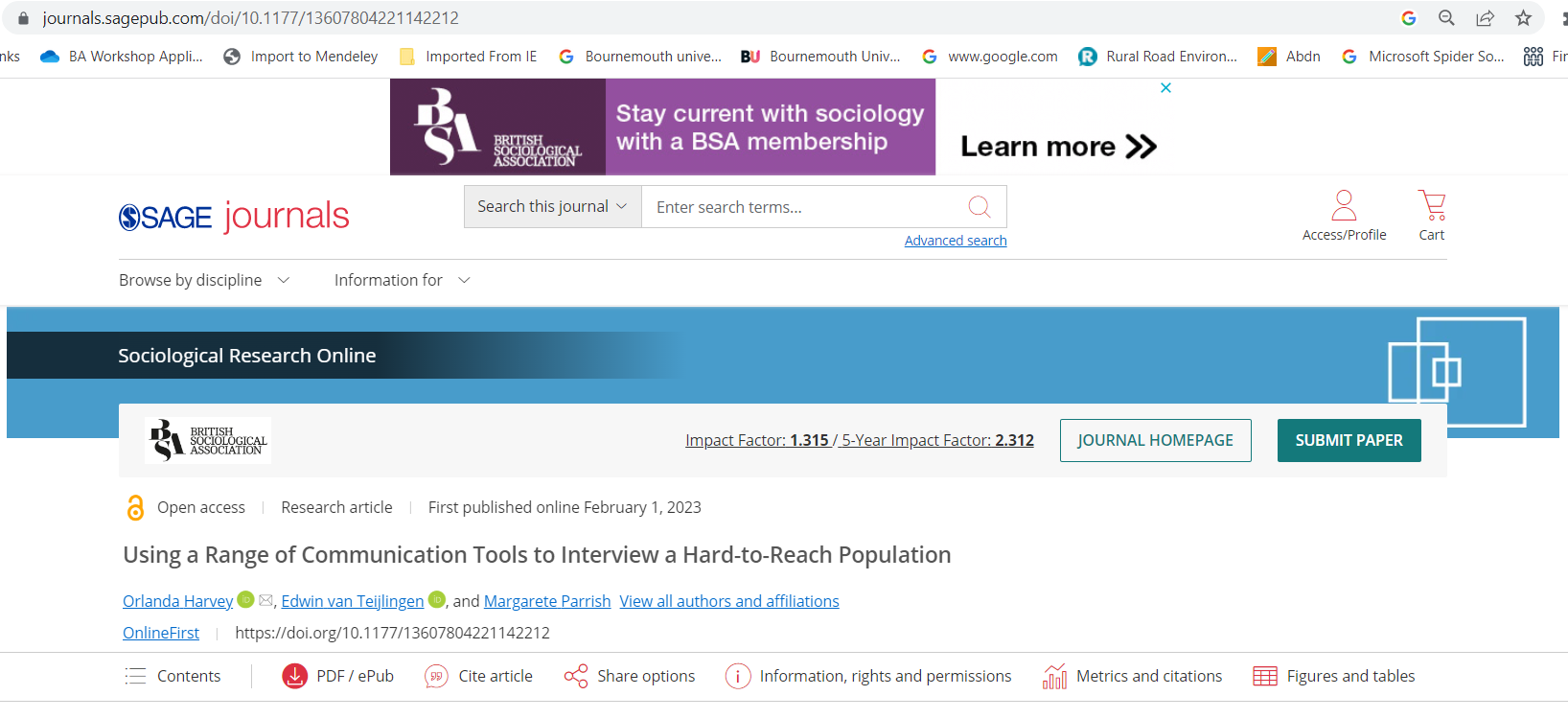 Congratulations to Dr. Orlanda Harvey and Dr. Margarete Parrish in the Department of Social Sciences & Social Work on the publication of our article “Using a Range of Communication Tools to Interview a Hard-to-Reach Population” in Sociological Research Online [1]. The paper highlights that online communication tools are increasingly being used by researchers; hence it is timely to reflect on the differences when using a broad range of data collection methods. Using a case study with a potentially hard-to-reach substance-using population who are often distrustful of researchers, this article explores the use of a variety of different platforms for interviews. It highlights both the advantages and disadvantages of each method. Face-to-face interviews and online videos offer more opportunity to build rapport, but lack anonymity. Live Webchat and audio-only interviews offer a high level of anonymity, but both may incur a loss of non-verbal communication, and in the Webchat a potential loss of personal narrative. This article is intended for sociologists who wish to broaden their methods for conducting research interviews.
Congratulations to Dr. Orlanda Harvey and Dr. Margarete Parrish in the Department of Social Sciences & Social Work on the publication of our article “Using a Range of Communication Tools to Interview a Hard-to-Reach Population” in Sociological Research Online [1]. The paper highlights that online communication tools are increasingly being used by researchers; hence it is timely to reflect on the differences when using a broad range of data collection methods. Using a case study with a potentially hard-to-reach substance-using population who are often distrustful of researchers, this article explores the use of a variety of different platforms for interviews. It highlights both the advantages and disadvantages of each method. Face-to-face interviews and online videos offer more opportunity to build rapport, but lack anonymity. Live Webchat and audio-only interviews offer a high level of anonymity, but both may incur a loss of non-verbal communication, and in the Webchat a potential loss of personal narrative. This article is intended for sociologists who wish to broaden their methods for conducting research interviews.
This methods article was developed based on the recruitment issues faced during Orlanda’s PhD research from which she has published several previous papers [2-6].
Prof. Edwin van Teijlingen
CMMPH
References:
- Harvey, O., van Teijlingen, E., Parrish, M. (2023) Using a Range of Communication Tools to Interview a Hard-to-Reach Population. Sociological Research Online [online first]
- Harvey, O., Keen, S., Parrish, M., van Teijlingen, E. (2019) Support for people who use Anabolic Androgenic Steroids: A Systematic Literature Review into what they want and what they access. BMC Public Health 19: 1024
- Harvey, O., Parrish, M., van Teijlingen, E., Trenoweth, S. (2020) Support for non-prescribed Anabolic Androgenic Steroids users: A qualitative exploration of their needs Drugs: Education, Prevention & Policy 27:5, 377-386. doi 10.1080/09687637.2019.1705763
- Harvey, O., Parrish, M., van Teijlingen, E, Trenoweth, S. (2022) Libido as a reason to use non-prescribed Anabolic Androgenic Steroids, Drugs: Education, Prevention & Policy 29(3):276-288.
- Harvey, O., van Teijlingen, E., Parrish, M. (2022) Mixed-methods research on androgen abuse – a review, Current Opinion in Endocrinology & Diabetes 29(6):586-593.
- Harvey, O., van Teijlingen, E. (2022) The case for ‘anabolics’ coaches: selflessness versus self-interest? Performance Enhancement & Health 10(3) August, 100230

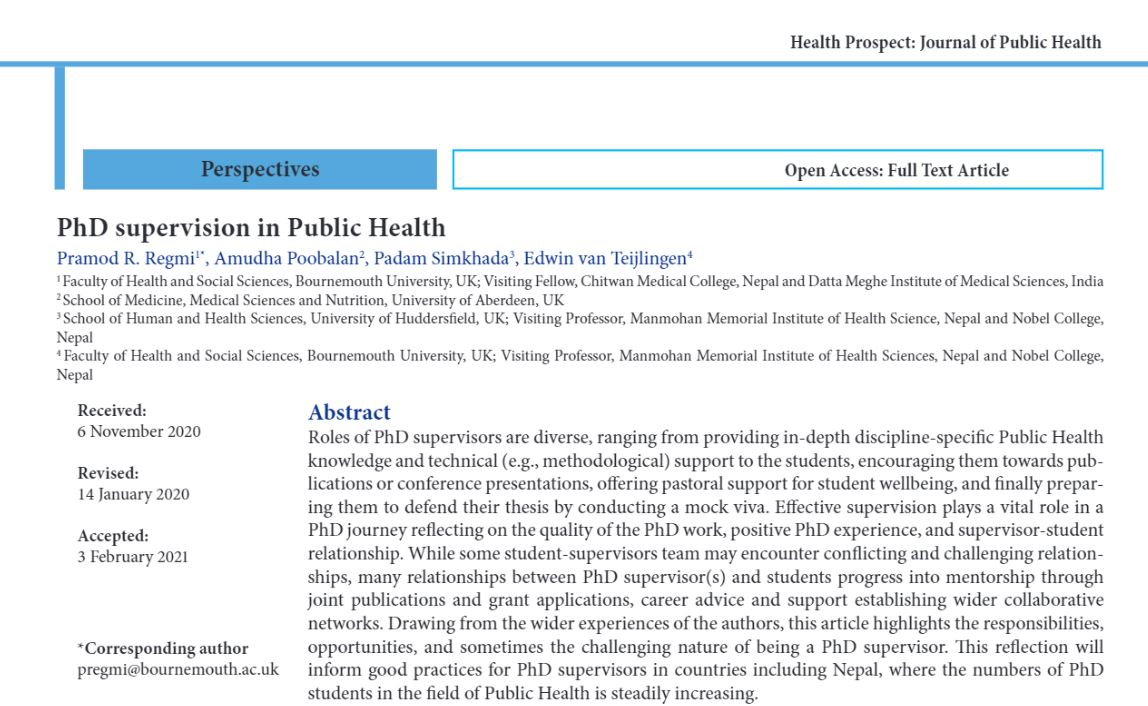
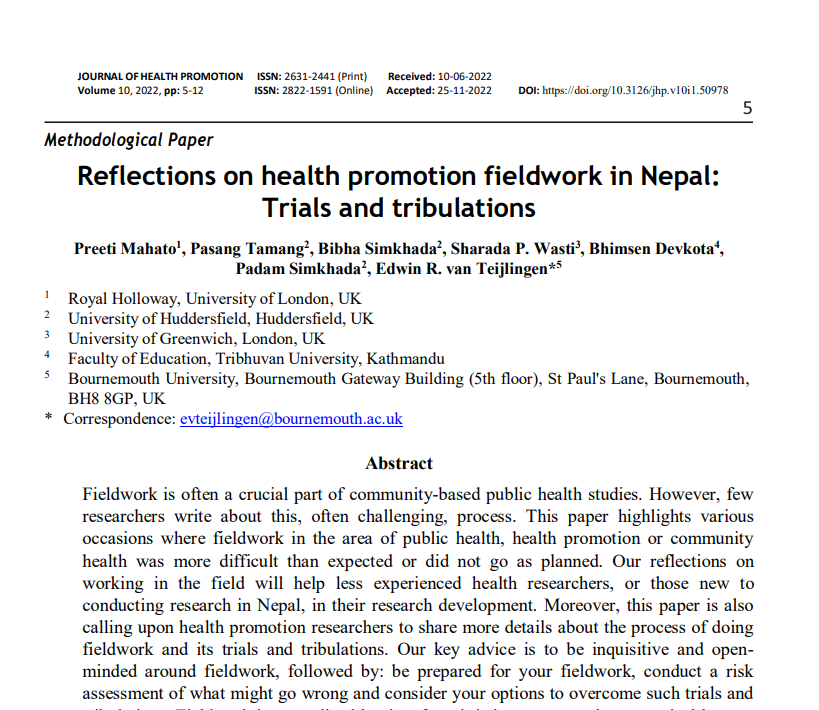
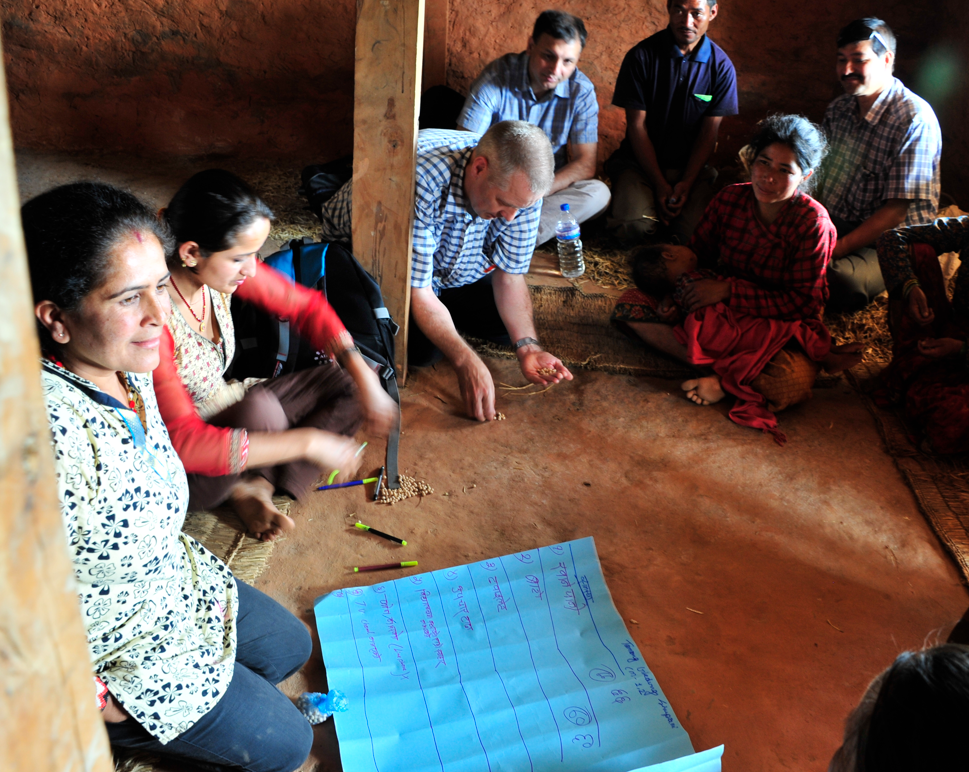
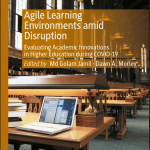


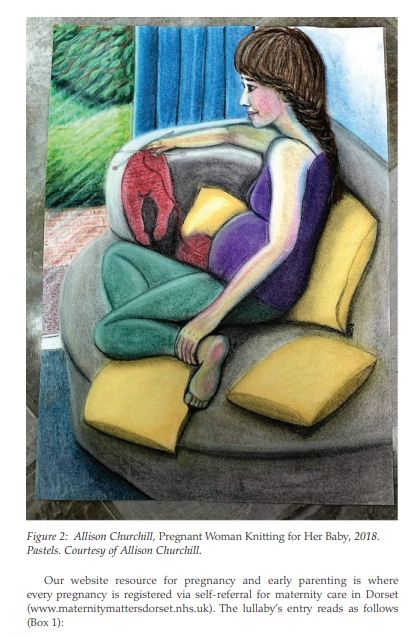
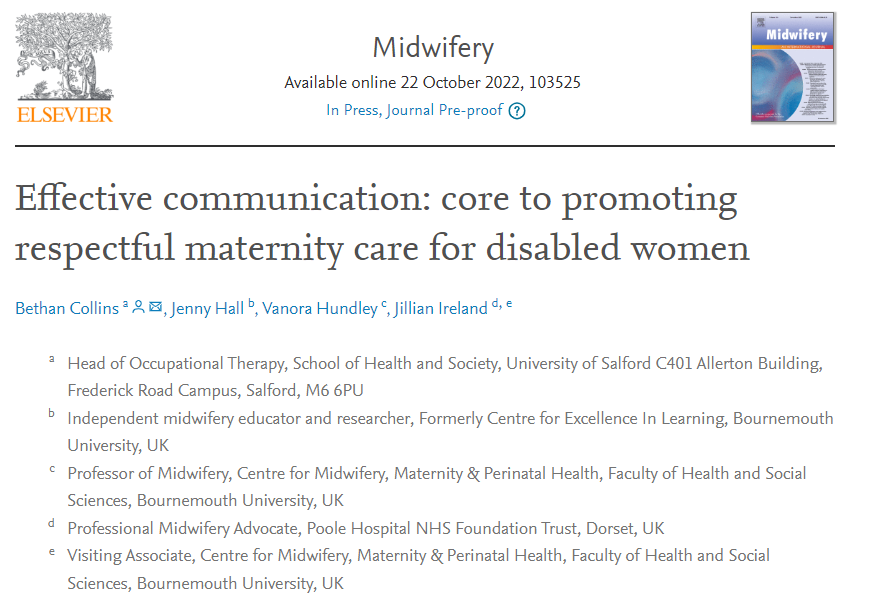
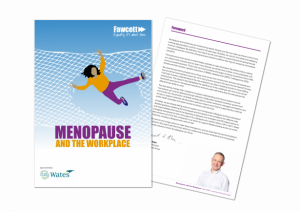

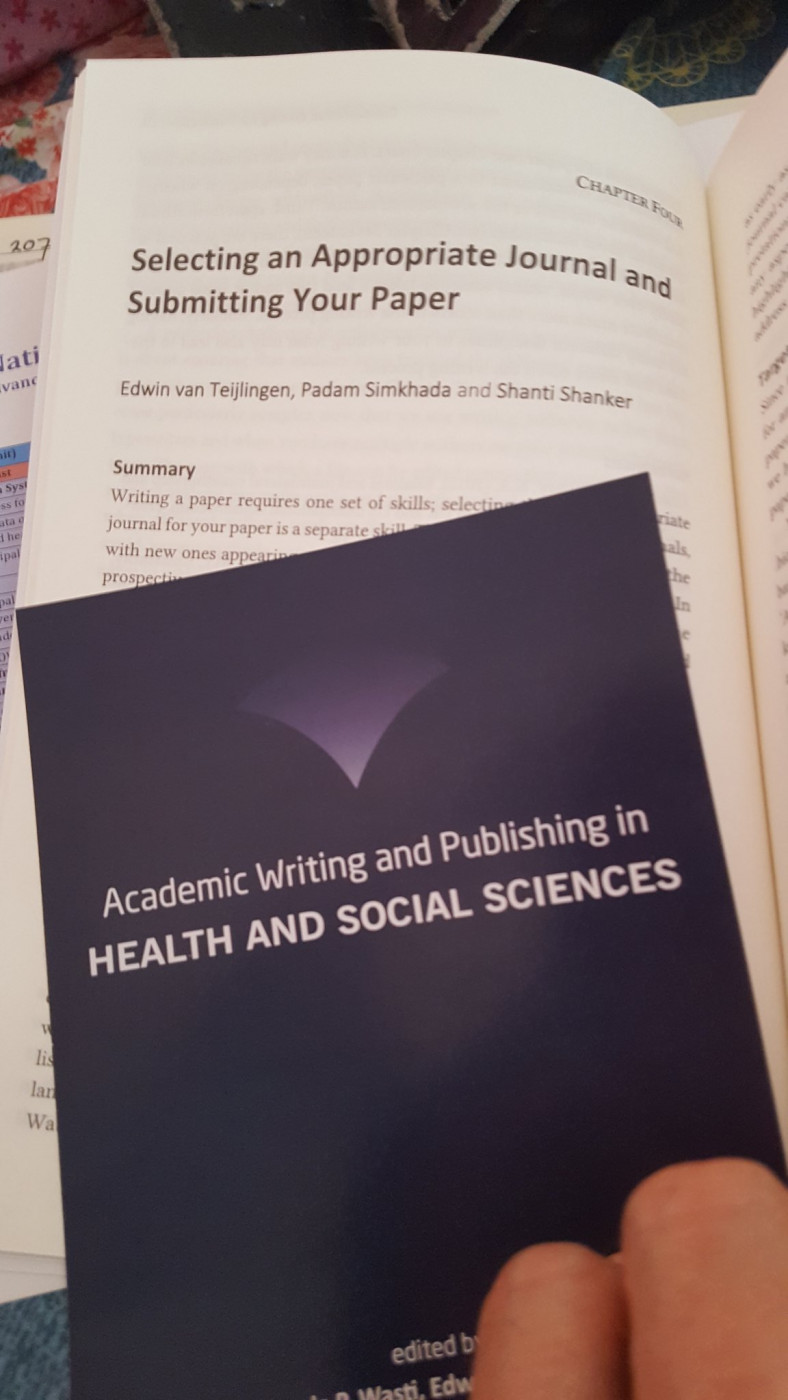
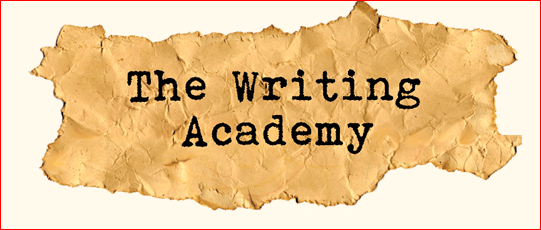
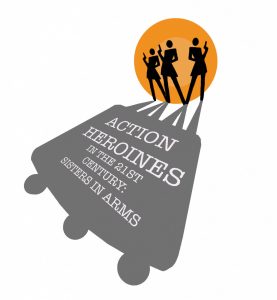
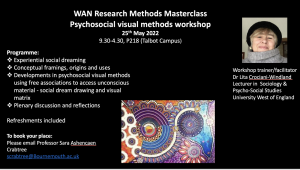 We are enjoying a busy second semester at the Women’s Academic Network, now in its 9th year. Here we provide a brief snapshot of what’s been happening and what’s coming up.
We are enjoying a busy second semester at the Women’s Academic Network, now in its 9th year. Here we provide a brief snapshot of what’s been happening and what’s coming up.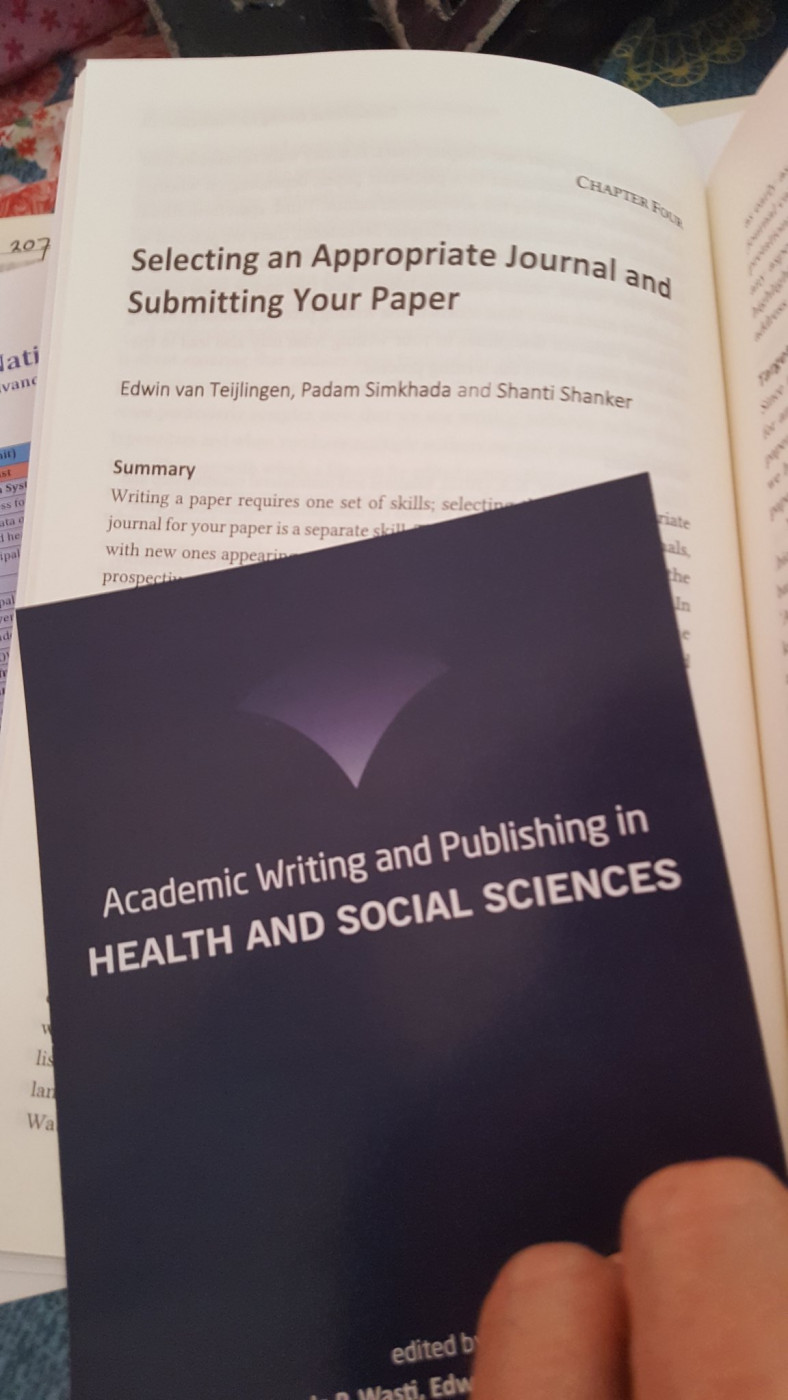
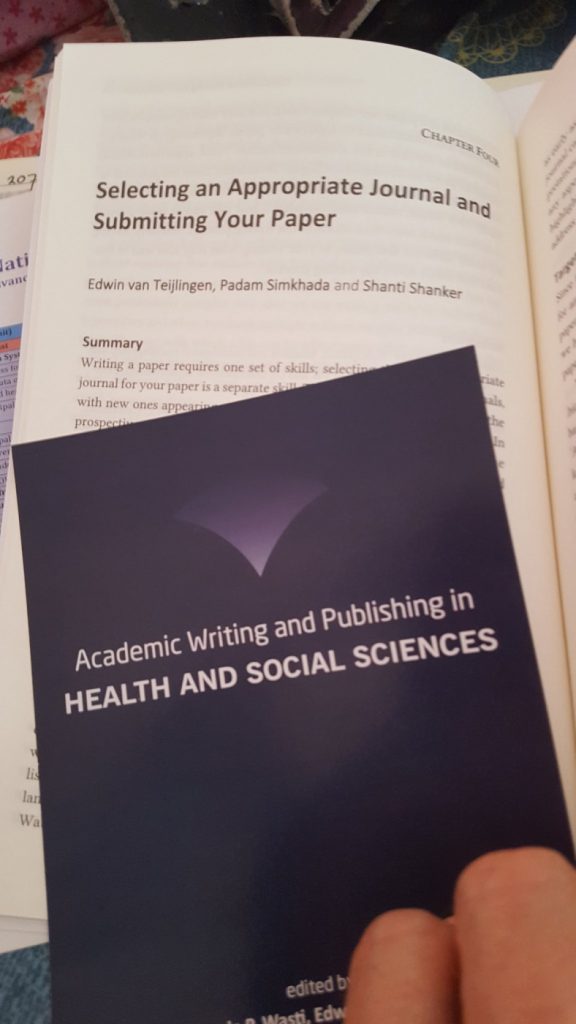
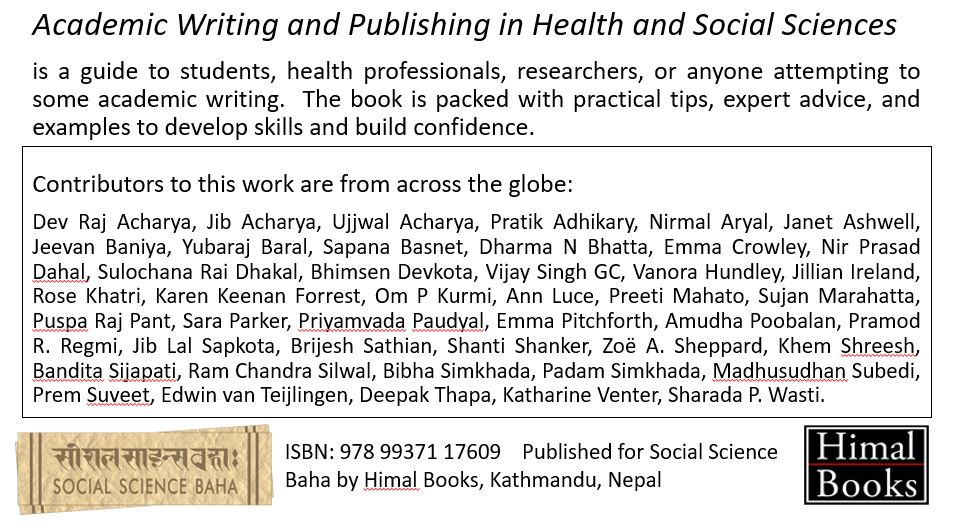
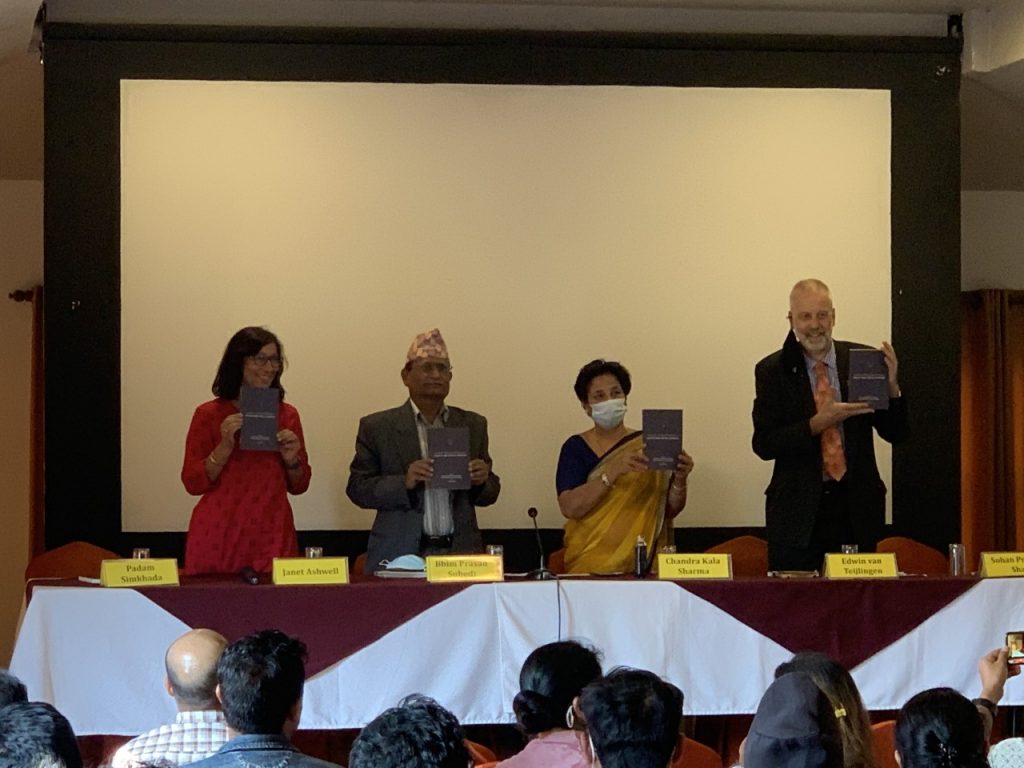
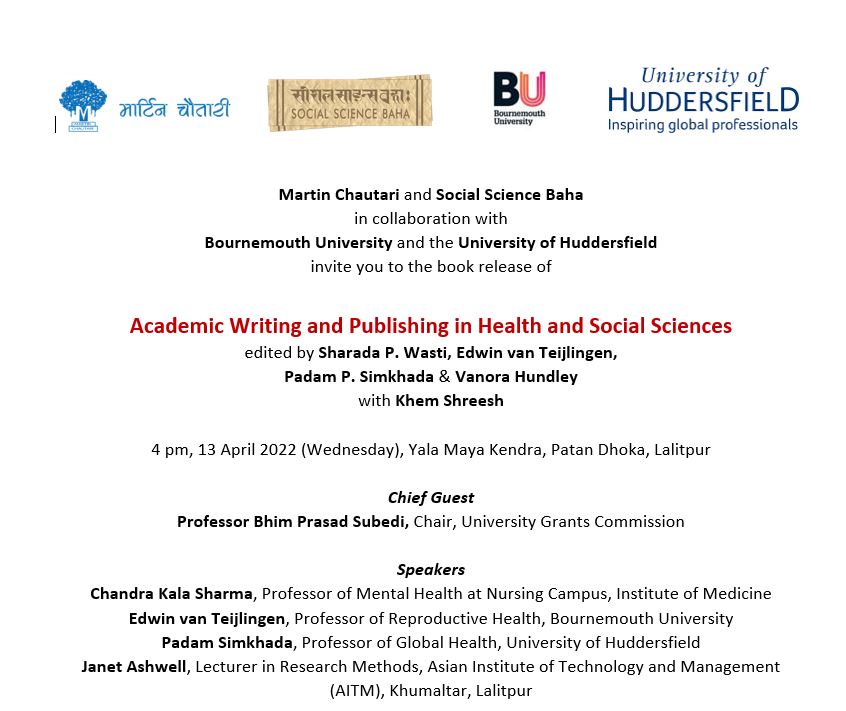

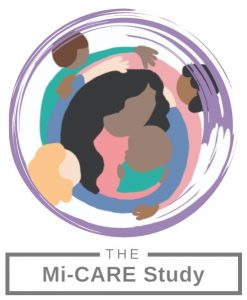

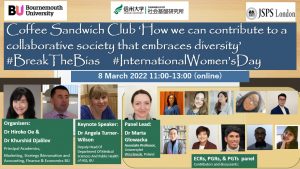
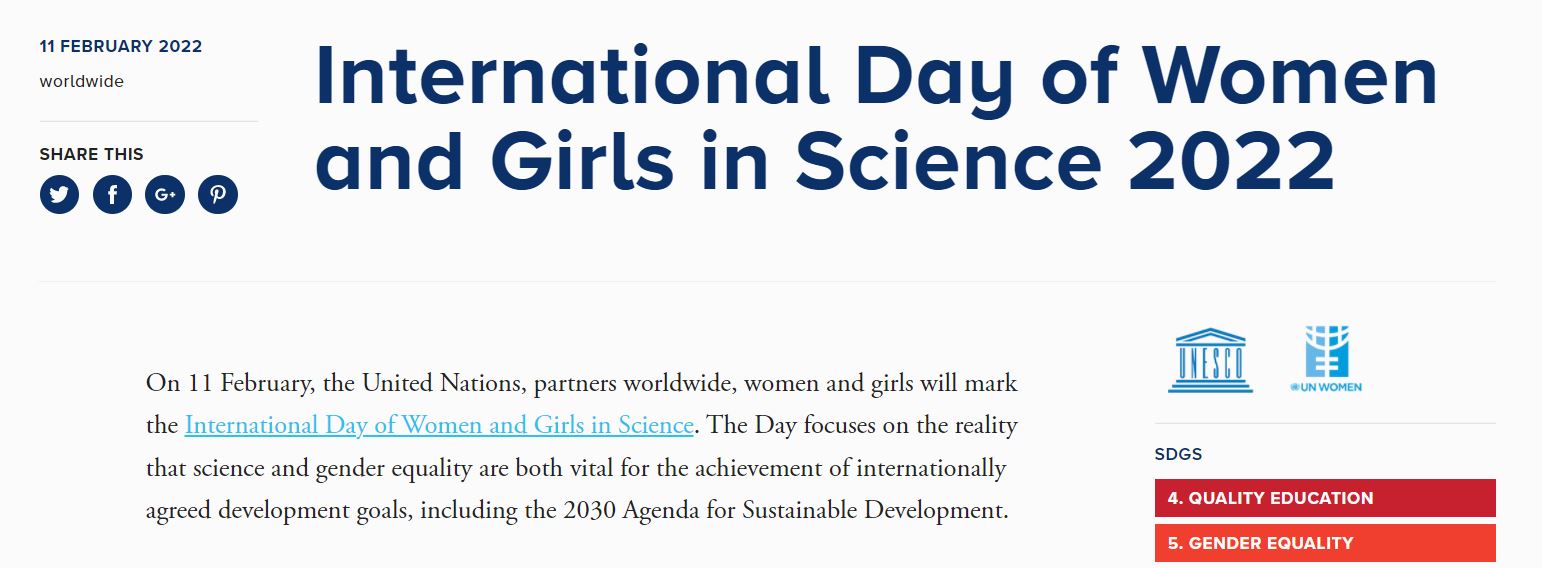











 Read and sign up to BU’s Policy Influence Digest
Read and sign up to BU’s Policy Influence Digest Upcoming opportunities for PGRs – collaborate externally
Upcoming opportunities for PGRs – collaborate externally BU involved in new MRF dissemination grant
BU involved in new MRF dissemination grant New COVID-19 publication
New COVID-19 publication MSCA Postdoctoral Fellowships 2024
MSCA Postdoctoral Fellowships 2024 Horizon Europe News – December 2023
Horizon Europe News – December 2023